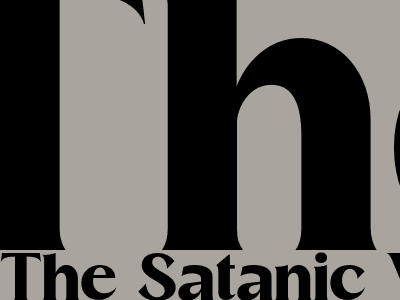
Row Over 'Satanic Verses' Reignites in India, Delhi High Court to Hear Plea on Ban
Background
The controversial novel "The Satanic Verses" by Salman Rushdie, published in 1988, has sparked protests and bans in various countries due to its perceived blasphemous content against Islam. India initially banned the book in 1988 but lifted the ban in 1999.
Recent Developments
In 2023, a plea was filed in the Delhi High Court seeking a ban on the book in India once again. The petition argues that the book hurts the religious sentiments of Muslims and could incite communal violence. The court has agreed to hear the plea and is expected to issue a verdict soon.
Key Arguments
Those supporting the ban argue that the book contains offensive and derogatory remarks about Prophet Muhammad and Islam. They claim that its distribution could provoke communal tensions and endanger public order. On the other hand, opponents of the ban contend that freedom of expression is a fundamental right and that banning a book based on religious grounds violates that right.
International Context
The Satanic Verses controversy has a long and complex history. The book was banned in several Muslim-majority countries, including Iran, Pakistan, and Indonesia. In 1989, Iranian leader Ayatollah Ruhollah Khomeini issued a fatwa calling for Rushdie's death, which forced him into hiding for many years.
Implications for Freedom of Expression
The Delhi High Court's decision will have significant implications for freedom of expression in India. If the court decides to ban the book again, it would set a precedent for censoring literature based on religious grounds. This could have a chilling effect on artistic expression and public debate.
Conclusion
The row over "The Satanic Verses" in India highlights the ongoing tensions between freedom of expression and religious sensitivities. The Delhi High Court's decision will be closely watched both in India and internationally, as it will have a major impact on the future of free speech and artistic expression in the country.